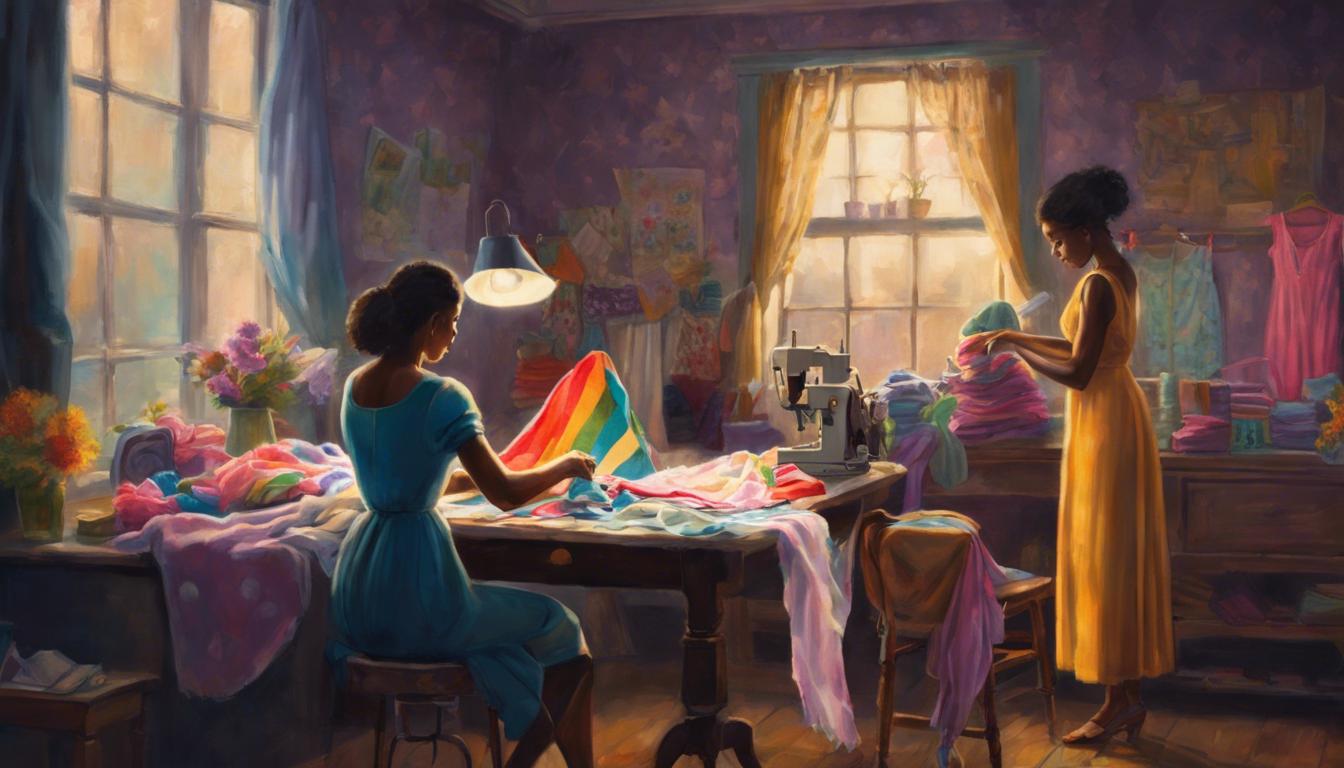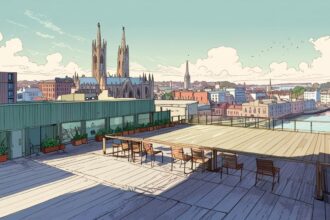Nazanin Zaghari-Ratcliffe, after six years of imprisonment in Iran, talks about using sewing and knitting as coping mechanisms and the challenges of readjusting to society and family life post-release.
Nazanin Zaghari-Ratcliffe, a British-Iranian national, has spoken extensively about her six-year imprisonment in Iran and the subsequent challenges of readjusting to life after her release in March 2022. During her time in prison, from 2016 to 2022, she turned to sewing and knitting as means of coping with the harsh conditions, crafting garments which she called “freedom dresses” for her daughter, who remained in the UK with her husband.
Interviewed by BBC Radio 4’s Woman’s Hour and Harper’s Bazaar UK, Zaghari-Ratcliffe detailed how these activities provided a mental escape from the dehumanizing environment of the prison, where inmates were often stripped of their identities and reduced to numbers through uniform clothing. Her creative endeavors not only helped her maintain her sanity but also played a crucial role in fostering a sense of community and resilience among the female inmates, who shared skills and supported one another through their creations.
Following her release, triggered by the UK’s repayment of a debt to Iran, Zaghari-Ratcliffe admitted she faced significant challenges reintegrating into society and reconnecting with her family, particularly her daughter who had grown up during her imprisonment. She disclosed that she continues to struggle with PTSD and depression, indicating the long-term impact of her incarceration.
Zaghari-Ratcliffe has since become an advocate for other detained individuals, using her experience to highlight the plight of hostages and prisoners. Her story illustrates the complexity of freedom after long-term captivity and emphasizes the enduring role of creativity and solidarity in overcoming adversity.













